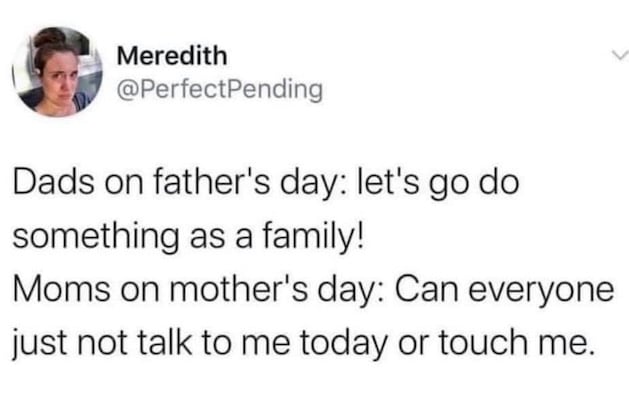Get the Best Family Activities
The biggest thing I recommend parents do is to track how often their child complains of a headache. If it is mild and less than once a month, then go ahead and treat it at home. If headaches are happening more than once a month or if they are severe, it is time to see a doctor. Your doctor should ask about how often this happens and what you think may be triggering it. I always ask the child what their typical day looks like, so I can get a sense of what is going on that may lead to headaches. I look for whether they regularly skip meals, or if they are taking in too much caffeine. I want to know if they are sleeping at night and if they are drinking fluids throughout the day. If you as a parent can keep a “headache diary,” it will be helpful to the doctor. Write down everything from when things start, to what they had to eat or drink that day, to how bad the pain is and how you treated it.
If your child has any of the following symptoms it is important to see a doctor right away to rule out anything more serious: fever, neck pain or stiffness, vomiting, seizures, dizziness, vision changes, head injury, loss of consciousness, a headache that is present when waking up, or if the headache fails to resolve with sleep.
Most headaches aren't signs that something more is wrong, but occasionally headaches are caused by more serious medical conditions. Bottom line for parents: If your son or daughter has frequent headaches, you can do more than simply surrender to the condition or manage the symptoms. One of the best ways to treat headaches in children is to stop them before they start. Work to see if you and your child’s doctor can identify the causes and find a solution.
Wendy Anderson-Willis, M.D., is a member of the pediatrics team at Nationwide Children's Hospital in Columbus, OH.








